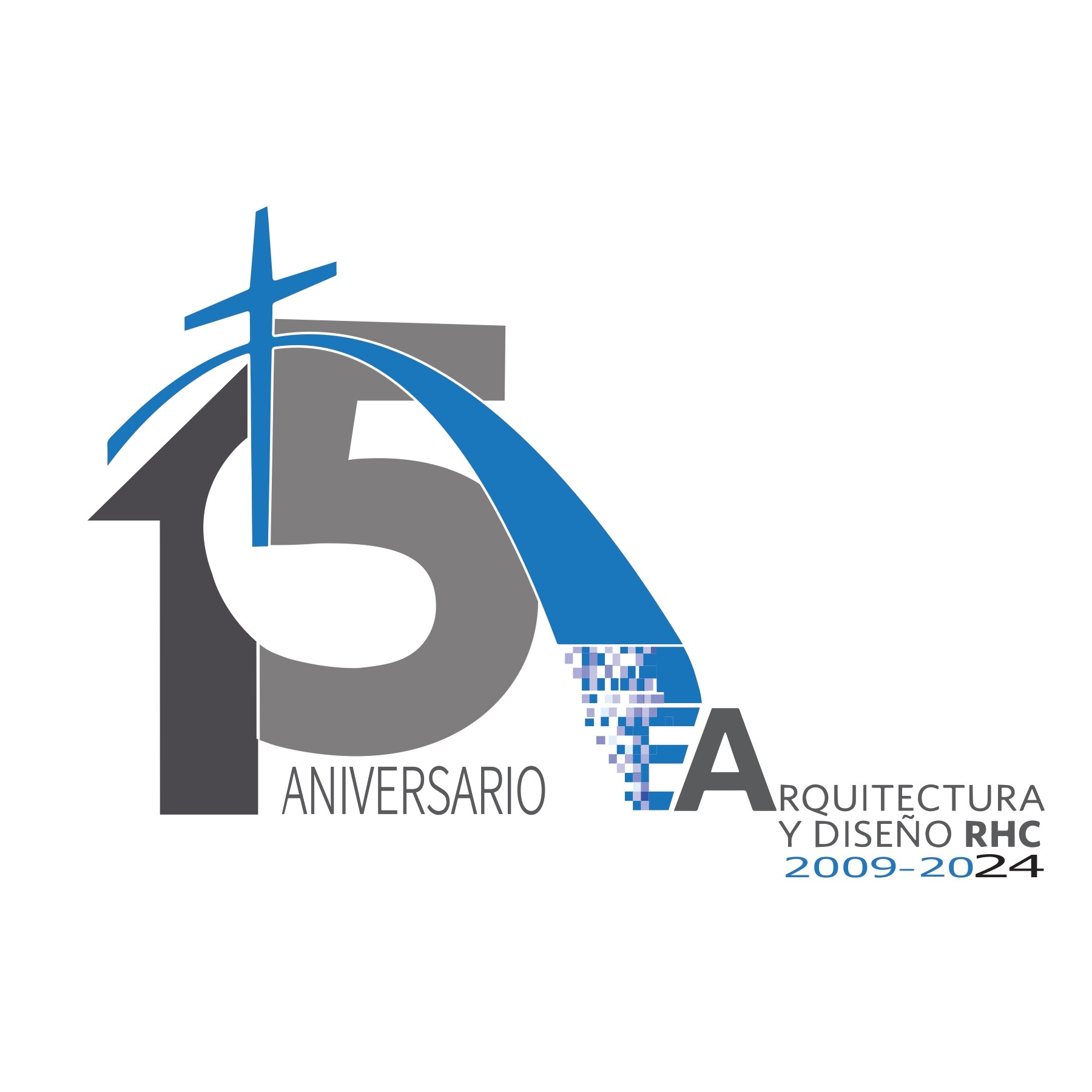PUCPR
Pontifical Catholic University of Puerto Rico
History
The Pontifical Catholic University of Puerto Rico was founded in 1948, under the guidance of the Bishops of Puerto Rico, His Excellency James E. McManus, Bishop of the Ponce Archdiocese, and His Excellency James P. Davis, Bishop of San Juan. First known as Santa María, the university opened its doors to a group of 193 students in classrooms provided by the Capuchín Fathers and the Sisters of St. Joseph in San Conrado School in Ponce. In 1949, the University acquired 120-acres of land from the government of Puerto Rico and the Ponce campus was established.
In its beginning, the Pontifical Catholic University of Puerto Rico was affiliated with Catholic University of America in Washington, D.C. It was incorporated by the Board of Regents of the University of the State of New York, and it was granted an Absolute Charter as an institution of higher learning with programs leading to academic and professional degrees. Towards the end of its first year, the University was accredited by the Council of Higher Education of Puerto Rico and in 1953, by the Middle States Association of Colleges and Secondary Schools. The latter accreditation was renewed in 1963, 1973, 1983, 1993 and 2003.
The Pontifical Catholic University of Puerto Rico aims to satisfy the ever-increasing need for higher education in Puerto Rico, specifically within the island’s southern region. Initially, it offered programs in the arts and sciences, and prepared teachers for inclusion within the islands public school system. Later, the College of Education was formally founded, and programs leading to an associate degree in Education and bachelor degrees in Science in elementary education and in secondary education were offered. Beginning in 1954, degrees in Business Administration and in Secretarial Sciences were granted. In the field of science and in response to the community’s need for professionals in the medical field, complete Nursing and Medical Technology programs were developed in 1956 and 1967respectively; the latter was accredited in 1968 by the American Medical Association (AMA).
In 1961, the PCUPR School of Law was added to the universities offering. The College of Arts and Sciences was divided in 1966 into the College of Arts and Humanities, the College of Science, and the College of Business Administration. Master’s degree programs were established in Education (1967), Business Administration (1969), Nursing (1976), and Hispanic Studies (1976), all accredited by the respective agencies. The School of Medicine was established in 1976-77 and reorganized as a Foundation under the name of the Ponce School of Medicine in 1979. It continues to maintain strong academic and research ties with the University.
The University is governed by a Board of Trustees, presided by the Archbishop of San Juan. The Bishop of Ponce, as Grand Chancellor, is the executive representative of the Board of Trustees in the University. The Board of Trustees is constituted of de jure members and others named directly by the corporation (corporate legal status). There is also a faculty representative and a student representative named for a period of one academic year by de jure members.
The institution is administered by a President and other officials and organizations named by him or her. The President presides over the University Senate, the University Board, and the Administrative Board. Three officers assist the President in the administrative duties: the Vice-President for Academic Affairs, the Vice-President for Finances, and the Vice-President for Student Affairs. Each college or school has an academic Dean as its chief executive; each branch campus has a Rector, each extension and department has a Director.’
Mission
The mission of Pontifical Catholic University is to honor and promote life and dignity of the human being as well as to educate him/her in accordance with the values of the Gospel and the disciplines of current scientific knowledge in order to build a better local and global community. The University’s founding principles are expressed through the following essential values:
- Persistence in merging FAITH and REASON in our daily life as it is lived to its fullest.
- CATHOLIC LIFE in all its doctrinal, sacramental, and spiritual dimensions, including experiences in personal and group encounters.
- FAMILY as the basis and inspiration of the educational experience in order to achieve the highest aspirations.
- INTEGRITY seen as verification of what is proposed or affirmed during the educational encounter and in the agenda of the institutions.
- SERVICE to the community as fulfillment of genuine Christian love.
- QUALITY in both the educational encounter and service aimed at continuously attaining better results.
- DIALOGUE as a means of insuring the pertinence of curriculum, programs, and services through personal encounters, focal groups, and other activities.
In the context of 21st century higher education, the Pontifical Catholic University of Puerto Rico achieves its established mission by means of a dynamic, critical, and creative educational encounter, framed around Christian amity and committed to the quest for answers and solutions to the issues of culture and to the challenges of the Puerto Rican, Caribbean, and global realities within a peaceful and harmonious environment. The institution, based on the teachings of the Church and concerned with the integral education of man, has as its fundamental aim the search for truth and the dissemination of knowledge. It pursues both objectives through the study of the various fields of knowledge while promoting a genuine dialogue among the arts, sciences, philosophy, and theology. The University cultivates the distinctive disciplines according to their individual principles and methods, maintaining academic freedom in an open and honest dialogue with faith. In this manner, it aims to form righteous men and women with the capacity to assume responsibilities in society and to stand before the world as loyal witnesses of their faith.

